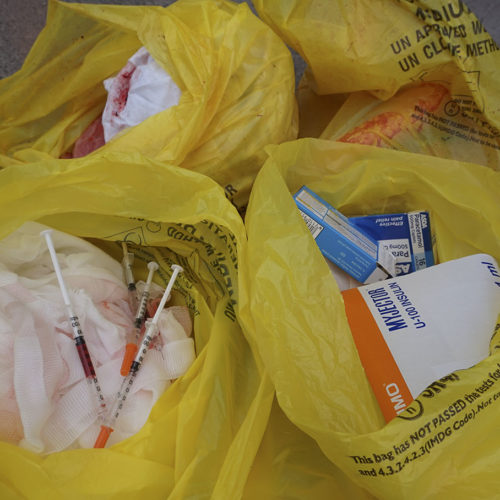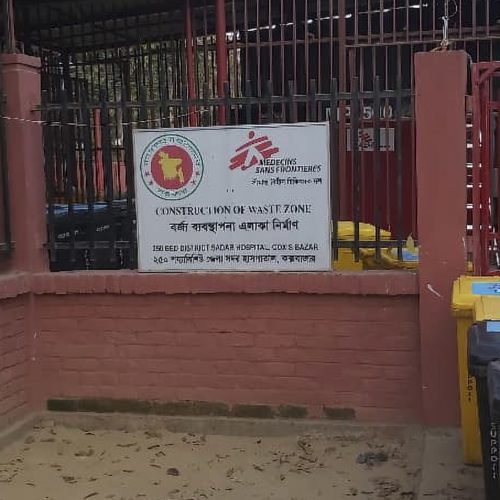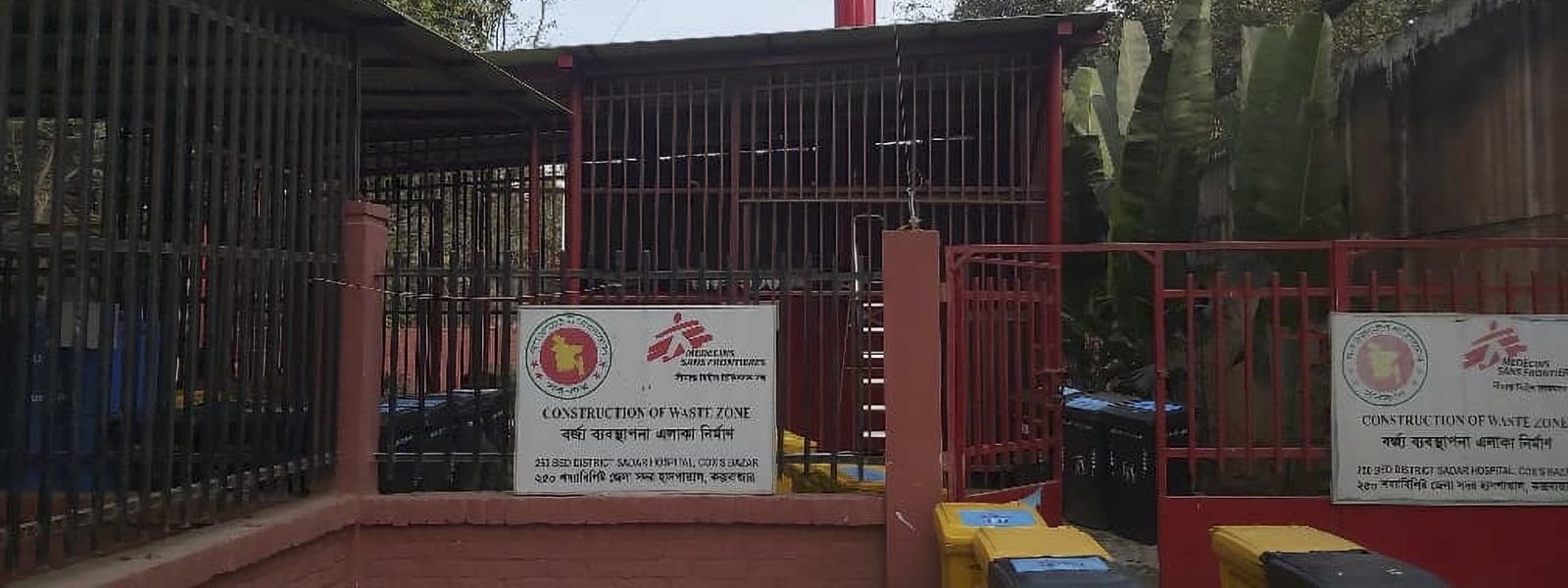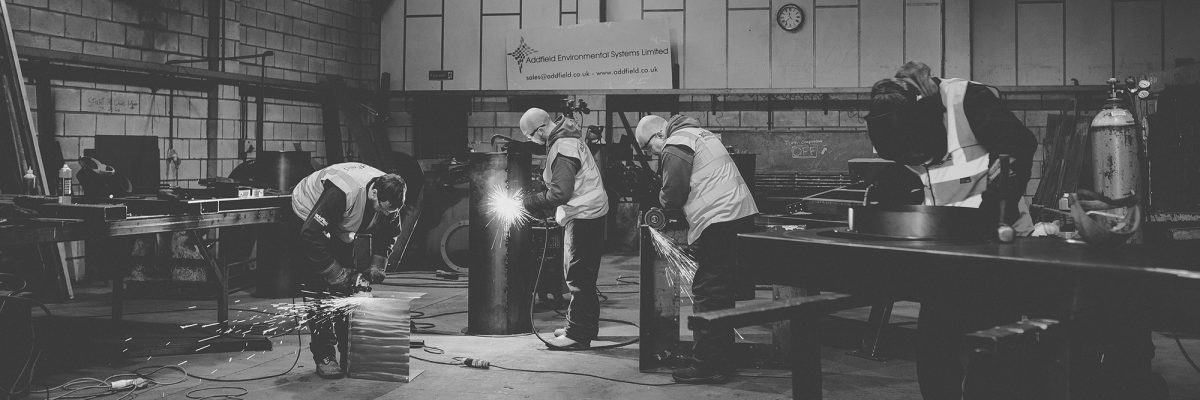You will commonly find our case studies focus on our perceptions of a project. However, in this instance, we are able to provide you with a fresh insight, taken from an article published in 2019 before the actual installation with thanks to Eben Van Tonder, which you can find on the Medecines Sans Frontieres website, Eben is a member of the field administration team and was instrumental in preparing the site prior to installation.
In the article (linked below), Eben shares his experiences whilst at Sadar District Hospital in Bangladesh. A fascinating insight that reflects many of the experiences that our engineers have shared during similar installations across many other developing regions.
We have worked with MSF many times in past years, delivering solutions for a range of issues across three continents. In this instance, it was an MP500 that was to be installed in Cox’s Bazaar, a city on the Southeast coast of Bangladesh and now the home of an estimated 800,000 Rohingya refugees fleeing from neighbouring Myanmar. Adding to the permanent Bangladeshi residents and raising the number of people to be supported by the Sadar District Hospital to an enormous 2,200,000. The hospital was initially designed to provide care for 250 beds per day, in reality, the hospital has for a long time housed 600-800.
Whilst essential much of the aid efforts in the area have focussed on the Rohingya refugees whilst neglecting the impact that the influx has had on an already strained population. In this project, equal importance was allocated to both, and MP500 was the perfect choice having a life expectancy of over 20 years, the incinerator will be supporting the hospital and people of Cox’s Bazaar far into the future.
As the number of patients has increased so has the amount of hazardous waste generated so much so that it has overstretched the already lacking infrastructure. Without a clear waste disposal system, all of the hospital waste was discarded in the same waste zone, combining general and kitchen waste, which attracted animals to graze, alongside dangerous and contagious biological hospital waste and syringes all piled high near the boundary wall metres away from the local school opposite the yard. These locations being far from secure are regularly visited by free-roaming cattle, crows, and dogs all feeding on the remains which could in many instances result in being highly contagious and hazardous waste. These disposal sites also posed great risks to the health of many of the hospital workers, regularly crossing the grounds in open sandals and putting themselves at great risk of infection from sharps and other biological waste just left.

Beyond the increased safety benefits that incineration brings to the mountains of waste, the impact on disposal is dramatic. Alongside safely destroying any pathogens and contaminants, it will also reduce the volume by as much as 97%, the glass and syringes will still remain, now sterilised and posing no biological hazards. These are disposed of in additional facilities which were prepared under Eben’s watch, including an ash pit (for safely disposing of the 3% remains), a sharps pit (for discarding used needles), a glass crusher (to crush glass ampoules).
For us, this was a great example of what is possible when using an appropriate solution, as the country was not commonly experienced with incineration, it is essential that any machines that are supplied are operator friendly, the MP range certainly are able to be operated safely following minimal training. They are designed to be long-lasting as well as to be simple to maintain and stay in operation for an expected 20-plus year due to the multi-layered construction of the refractory. To complete the installation, we sent one of our UK-trained engineers to deliver full training as part of the commissioning alongside maintenance and servicing training to enable the local operatives and servicing companies to enable them to keep the MP500 operating at peak performance for the community.

For countries that are not used to incineration, it is essential that these elements are met so that the incinerator does not fall into a state of neglect and misuse. On numerous occasions, we have installed machines right next to cast concrete-based machines that have lasted only a year or less due to the inability to be maintained locally.
Working with international aid agencies regularly, we take our responsibility very seriously not only to our customers but to the communities that are going to directly benefit from such a solution and reading through the excellent description by Eben, it is clear how much of a difference the MP500 is going to be making. As Eben signs off his article awaiting the delivery of the MP500, which we completed in 2020. We have since received great feedback from the site, having kept in contact with them, providing tips and best operational practices as the waste streams changed following the impact of covid19 and ensuring the best results are achieved, and operators are kept fully competent.
To our knowledge, this is the only public hospital in Bangladesh to boast such a facility. We are confident that the success achieved here with the team at Medecines Sans Frontiers will be able to be used as an example of the positive improvements that a quality medical incineration solution can bring to a hospital and surrounding community
You can read the full article by clicking here (https://blogs.msf.org/bloggers/eben/bangladesh-tackling-huge-waste-problem).



